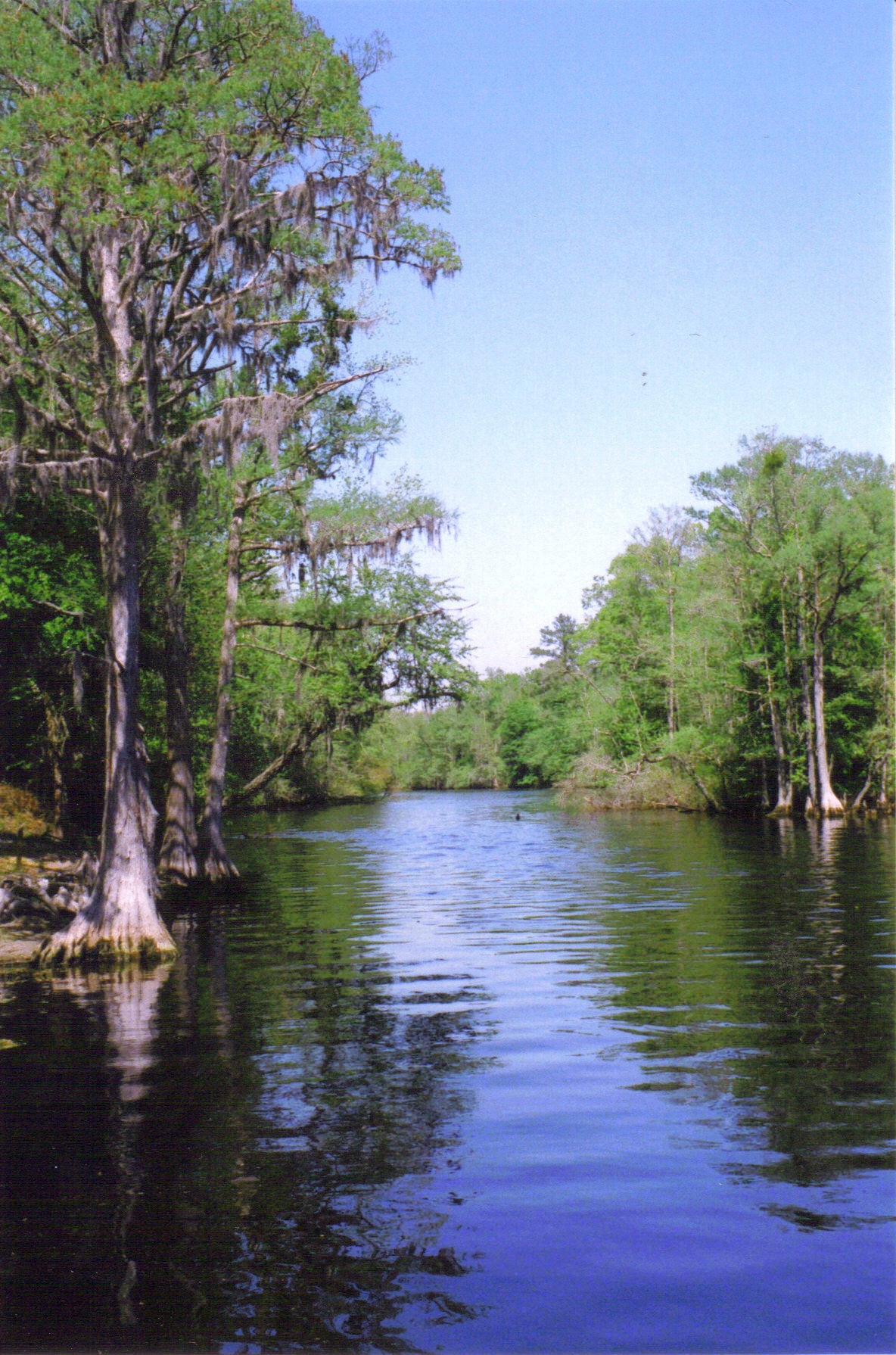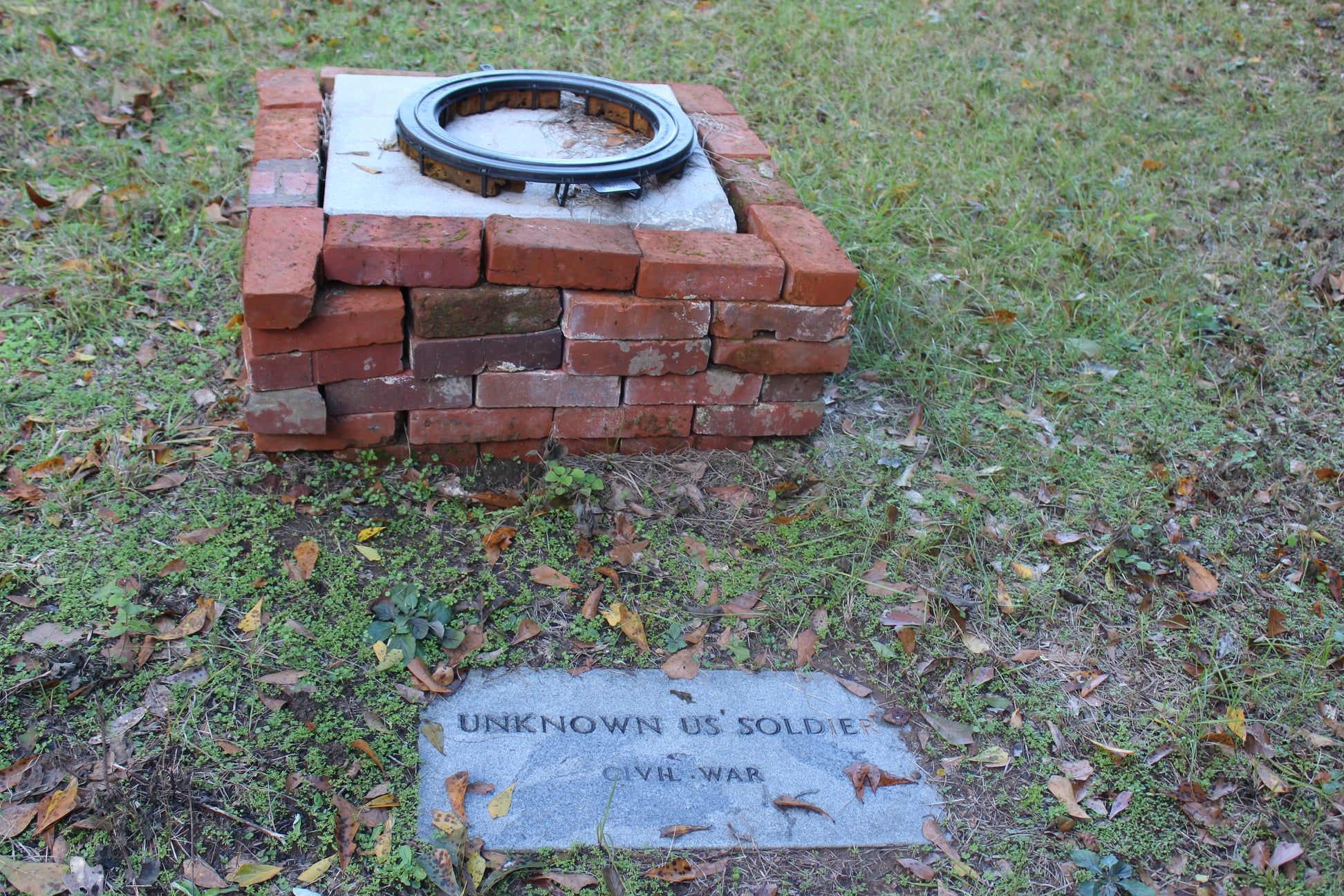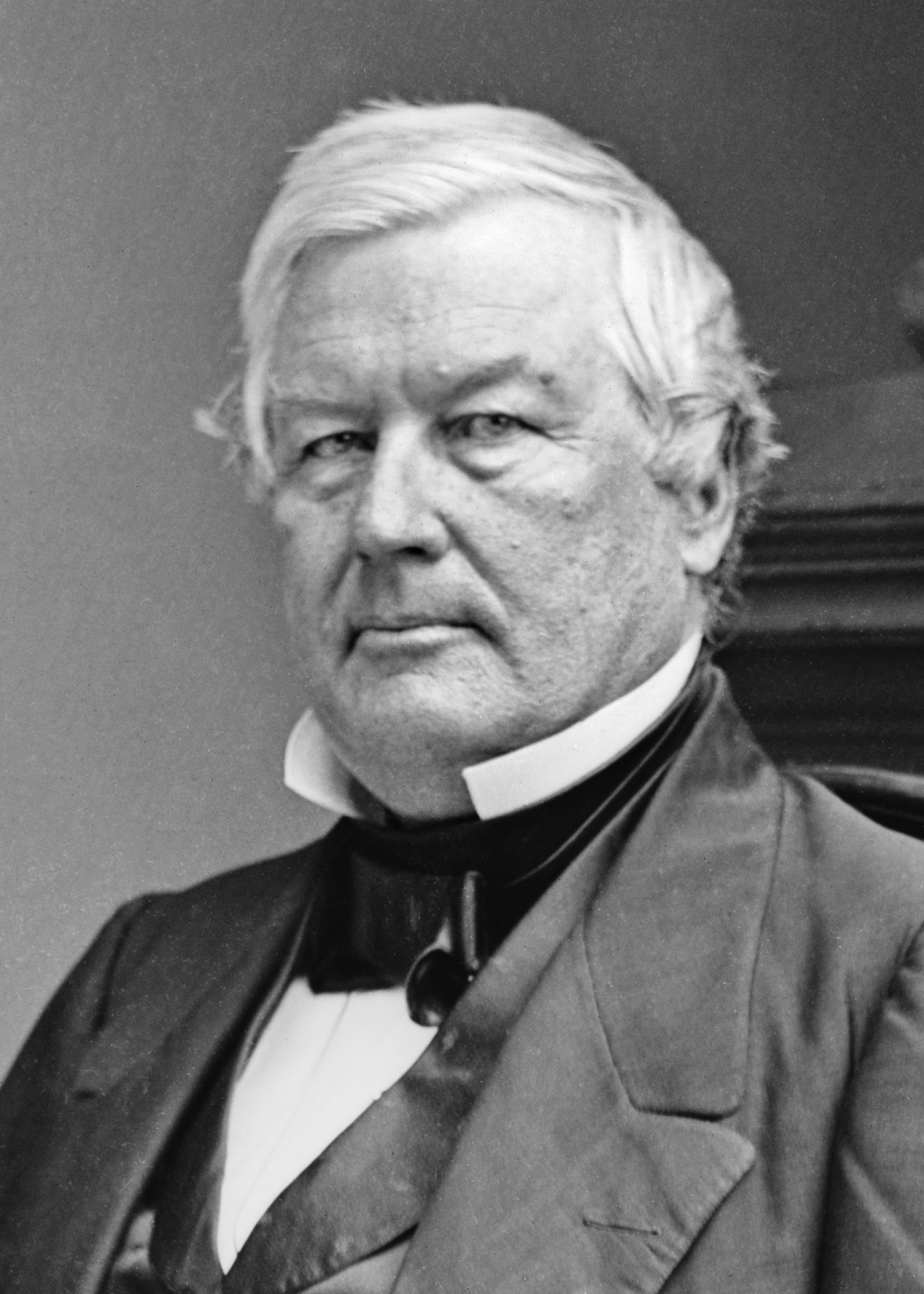|
John McQueen
John McQueen (February 9, 1804 – August 30, 1867) was an American lawyer and politician. He was U.S. Representative from South Carolina and a member of the Confederate States Congress during the American Civil War. Early life and education Born in Queensdale in Robeson County, North Carolina, near the town of Maxton, North Carolina, McQueen completed preparatory studies under private tutors and was graduated from the University of North Carolina at Chapel Hill. He subsequently studied law. He was admitted to the bar in 1828 and commenced practice in Bennettsville, South Carolina. McQueen served in the State militia in 1833–37. He was an unsuccessful candidate for election in 1844 to the 29th United States Congress. Career McQueen was elected as a Democrat to the 30th and 31st Congresses to fill the vacancies caused by the death of Alexander D. Sims. He was reelected to the 32nd and to the four succeeding Congresses, and served from February 12, 1849, until his retir ... [...More Info...] [...Related Items...] OR: [Wikipedia] [Google] [Baidu] |
Robeson County, North Carolina
Robeson County ( )Talk Like a Tarheel , from the North Carolina Collection website at the . Retrieved August 16, 2023. is a in the southern part of the U.S. state of and is its largest county by land area. Its |
University Of North Carolina At Chapel Hill
The University of North Carolina at Chapel Hill (UNC, UNC–Chapel Hill, or simply Carolina) is a public university, public research university in Chapel Hill, North Carolina, United States. Chartered in 1789, the university first began enrolling students in 1795, making it the oldest public university in the United States, oldest public university in the United States. The university offers degrees in over 70 courses of study and is administratively divided into 13 separate professional schools and a primary unit, the College of Arts & Sciences. It is Carnegie Classification of Institutions of Higher Education, classified among "R1: Doctoral Universities – Very high research activity" and is a member of the Association of American Universities (AAU). The National Science Foundation ranked UNC–Chapel Hill ninth among American universities for research and development expenditures in 2023 with $1.5 billion. Its Financial endowment, endowment is $5.7 billion, making it the ... [...More Info...] [...Related Items...] OR: [Wikipedia] [Google] [Baidu] |
1804 Births
Events January–March * January 1 – Haiti gains independence from France, and becomes the first black republic. * February 4 – The Sokoto Caliphate is founded in West Africa. * February 14 – The First Serbian uprising begins the Serbian Revolution. By 1817, the Principality of Serbia will have proclaimed self-rule from the Ottoman Empire, the first nation-state in Europe to do so. * February 15 – New Jersey becomes the last of the northern United States to abolish History of slavery in New Jersey, slavery. * February 16 – First Barbary War: Stephen Decatur leads a raid to burn the pirate-held frigate at Tripoli, Libya, Tripoli to deny her further use by the captors. * February 18 – Ohio University is chartered by the Ohio General Assembly. * February 20 – Hobart is established in its permanent location in Van Diemen's Land (modern-day Tasmania) as a British penal colony. * February 21 – Cornwall, Cornishman Richard Trevithick's newly built ''Penydarren' ... [...More Info...] [...Related Items...] OR: [Wikipedia] [Google] [Baidu] |
Confederate House Of Representatives
The Confederate States Congress was both the provisional and permanent legislative assembly/legislature of the Confederate States of America that existed from February 1861 to April/June 1865, during the American Civil War. Its actions were, for the most part, concerned with measures to establish a new national government for the Southern proto-state in the current Southern United States region, and to prosecute a war that had to be sustained throughout the existence of the Confederacy. At first, it met as a provisional congress both in the first capital city of Montgomery, Alabama, and the second in Richmond, Virginia. As was the case for the provisional Congress after it moved northeast to Richmond, the permanent Congress met in the existing Virginia State Capitol, a building which it also shared with the secessionist Virginia General Assembly ( state legislature). The precursor to the permanent Congressional legislature was the temporary Provisional Congress of the Confe ... [...More Info...] [...Related Items...] OR: [Wikipedia] [Google] [Baidu] |
Cahaba, Alabama
Cahaba, also spelled Cahawba, was the first permanent state capital of Alabama, United States, from 1820 to 1825. It was the county seat of Dallas County, Alabama until 1866. Located at the confluence of the Alabama and Cahaba rivers, the town endured regular seasonal flooding. The state legislature moved the capital to Tuscaloosa in 1826. After Cahaba suffered another major flood in 1865, the state legislature moved the county seat northeast to Selma, which was better situated. The former settlement became defunct after it lost the county seat, because it lost associated businesses and jobs. Many people moved to the new seat. Cahaba declined rapidly, although it had been quite wealthy during the antebellum years. It is now a ghost town and is preserved as a state historic site known as the Old Cahawba Archeological Park. The state and associated citizens' groups are working to develop it as a full interpretive parkHarris, W. Stuart. ''Dead Towns of Alabama'', pp. 66-67. ... [...More Info...] [...Related Items...] OR: [Wikipedia] [Google] [Baidu] |
Andrew Pickens (congressman)
Andrew Pickens (September 13, 1739August 11, 1817) was a militia leader in the American Revolution. A planter and slaveowner, he developed his Hopewell plantation on the east side of the Keowee River across from the Cherokee town of ''Isunigu'' (Seneca) in western South Carolina. He was elected as a member of the United States House of Representatives from western South Carolina. Several treaties with the Cherokee were negotiated and signed at his plantation of Hopewell. Early life Pickens was born in 1739 in Bucks County in the Province of Pennsylvania. He was the son of Scots-Irish immigrants, Presbyterians of primarily Scottish ancestry from Carrickfergus in County Antrim, Ireland (in what is today Northern Ireland.) His parents were Andrew Pickens Sr. and Anne (''née'' Davis). But his paternal great-grandparents were ethnic French Huguenots: Robert Andrew Pickens (Robert André Picon) had migrated to England and Northern Ireland; his wife Esther-Jeanne, widow Bonneau, wa ... [...More Info...] [...Related Items...] OR: [Wikipedia] [Google] [Baidu] |
American Revolutionary War
The American Revolutionary War (April 19, 1775 – September 3, 1783), also known as the Revolutionary War or American War of Independence, was the armed conflict that comprised the final eight years of the broader American Revolution, in which American Patriot (American Revolution), Patriot forces organized as the Continental Army and commanded by George Washington defeated the British Army during the American Revolutionary War, British Army. The conflict was fought in North America, the Caribbean, and the Atlantic Ocean. The war's outcome seemed uncertain for most of the war. However, Washington and the Continental Army's decisive victory in the Siege of Yorktown in 1781 led King George III and the Kingdom of Great Britain to negotiate an end to the war in the Treaty of Paris (1783), Treaty of Paris two years later, in 1783, in which the British monarchy acknowledged the independence of the Thirteen Colonies, leading to the establishment of the United States as an independent and ... [...More Info...] [...Related Items...] OR: [Wikipedia] [Google] [Baidu] |
Asheville, North Carolina
Asheville ( ) is a city in Buncombe County, North Carolina, United States. Located at the confluence of the French Broad River, French Broad and Swannanoa River, Swannanoa rivers, it is the county seat of Buncombe County. It is the most populous city in Western North Carolina and the state's List of municipalities in North Carolina, 11th-most-populous city with a population of 94,589 at the 2020 United States census, 2020 census. The four-county Asheville metropolitan area has an estimated 422,000 residents. History Origins Before the arrival of the European colonization of the Americas, European Colonists, the land where Asheville now exists lay within the boundaries of the Cherokee Nation, which had homelands in modern Western North Carolina, western North and South Carolina, southeastern Tennessee, and northeastern Georgia (U.S. state), Georgia. A town at the site of the river confluence was recorded as ''Guaxule'' by Spanish explorer Hernando de Soto during his 1540 expedi ... [...More Info...] [...Related Items...] OR: [Wikipedia] [Google] [Baidu] |
First Confederate Congress
The 1st Confederate States Congress, consisting of the Confederate States Senate and the Confederate States House of Representatives, convened between February 18, 1862, and February 17, 1864. This assembly took place during the first two years of Jefferson Davis's presidency, convening at the Virginia State Capitol in Richmond, Virginia. Sessions The following sessions were held during the period February 18, 1862, and February 17, 1864, at the Virginia State Capitol in Richmond, Virginia. * 1st Session – February 18, 1862 to April 21, 1862 * 2nd Session – August 18, 1862 to October 13, 1862 * 3rd Session – January 12, 1863 to May 1, 1863 * 4th Session – December 7, 1863 to February 17, 1864 Leadership Senate * President: Alexander H. Stephens * President pro tempore: R. M. T. Hunter House * Speaker: Thomas S. Bocock Officers Senate * Secretary: James H. Nash, South Carolina * Assistant Secretary: Edward H. Stephens, Virginia * Journal Clerk: C. T. Bruen, ... [...More Info...] [...Related Items...] OR: [Wikipedia] [Google] [Baidu] |
States' Rights
In United States, American politics of the United States, political discourse, states' rights are political powers held for the state governments of the United States, state governments rather than the federal government of the United States, federal government according to the United States Constitution, reflecting especially the enumerated powers of Congress and the Tenth Amendment to the United States Constitution, Tenth Amendment. The enumerated powers that are listed in the Constitution include exclusive federal powers, as well as concurrent powers that are shared with the states, and all of those powers are contrasted with the reserved powers—also called states' rights—that only the states possess. Since the 1940s, the term "states' rights" has often been considered a loaded language, loaded term or Dog whistle (politics), dog whistle because of its use in opposition to federally-mandated racial Desegregation in the United States, desegregation and, more recently, Same ... [...More Info...] [...Related Items...] OR: [Wikipedia] [Google] [Baidu] |
32nd United States Congress
The 32nd United States Congress was a meeting of the legislative branch of the United States federal government, consisting of the United States Senate and the United States House of Representatives. It met in Washington, D.C. from March 4, 1851, to March 4, 1853, during the last two years of Millard Fillmore's presidency. The apportionment of seats in the House of Representatives was based on the 1840 United States census. Both chambers had a Democratic majority. It was one of the least active Congresses, forwarding only 74 bills that were signed by the president. Major events * March 20, 1852: Uncle Tom's Cabin published. * July 1, 1852: Henry Clay was the first to lie in state in the United States Capitol rotunda. * November 2, 1852: 1852 United States presidential election: Democrat Franklin Pierce defeated Whig Winfield Scott. Major legislation * March 2, 1853: An act providing for administering the oath of office to William R. King, Vice President elect of the Un ... [...More Info...] [...Related Items...] OR: [Wikipedia] [Google] [Baidu] |
31st United States Congress
The 31st United States Congress was a meeting of the legislative branch of the United States federal government, consisting of the United States Senate and the United States House of Representatives. It met in Washington, D.C., from March 4, 1849, to March 4, 1851, during the 16 months of the Zachary Taylor Presidency of Zachary Taylor, presidency and the first eight months of the Presidency of Millard Fillmore, administration of Millard Fillmore's. The apportionment of seats in this United States House of Representatives, House of Representatives was based on the 1840 United States census. The Senate had a Democratic Party (United States), Democratic majority, while there was a Democratic plurality in the House. Major events * March 4, 1849: Zachary Taylor became President of the United States * June, 1849: Relations with France broke down as the French ambassador Guillaume-Tell de La Vallée Poussin engaged in "insulting and confrontational" behavior towards President Taylor, ... [...More Info...] [...Related Items...] OR: [Wikipedia] [Google] [Baidu] |







